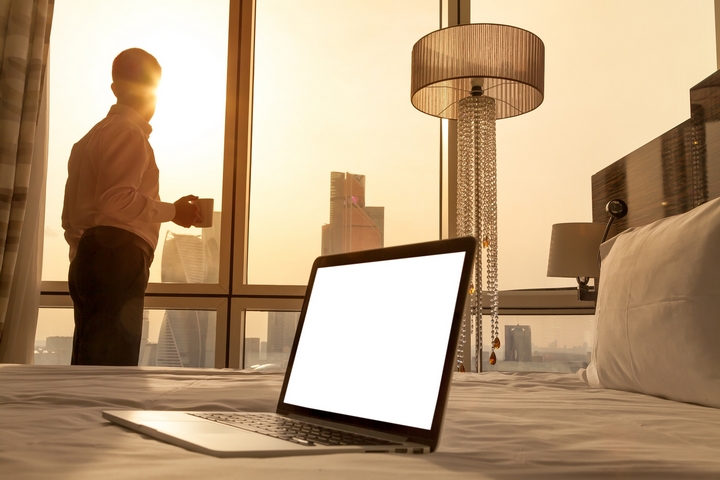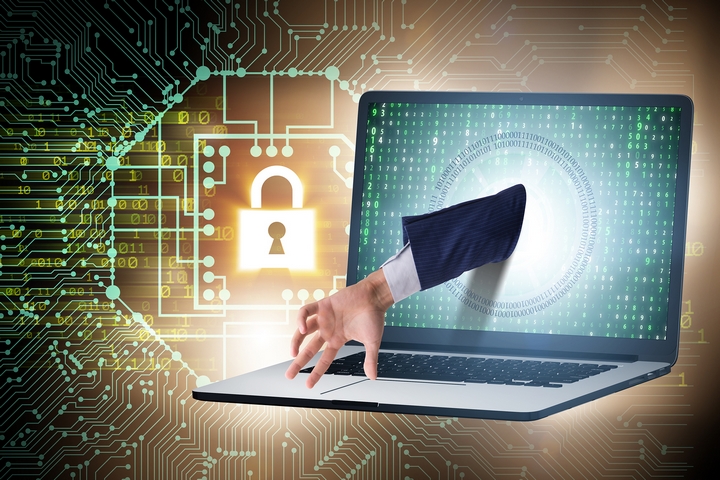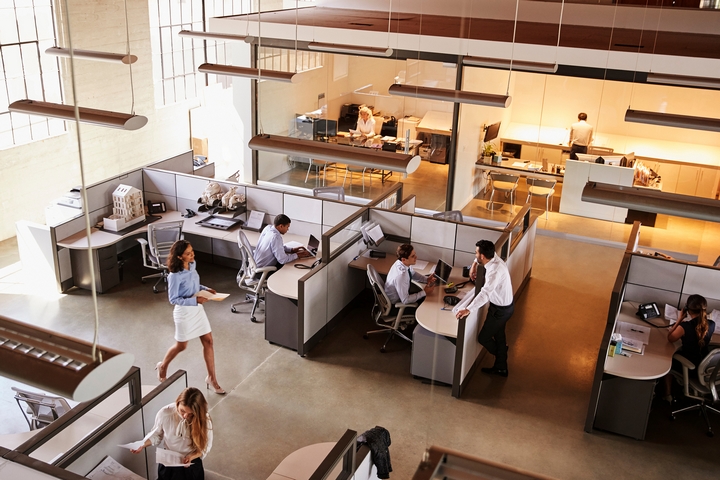When your laptop or computer begins to slow down, has trouble booting up, shows that dreaded black screen, begins to freeze a lot and so on, our minds usually go straight to thinking our computer has a virus. In some instances, you may have a virus and in need of getting your laptop computer repaired. In other cases, the problem is a malware issue.
Malware is defined as “software that is specifically designed to disrupt, damage, or gain unauthorized access to a computer system”. Malware attacks are on the rise and they are getting more and more sophisticated, meaning we need to be more prepared than ever if we want to keep our computers safe.
There are many ways for your computer to be attacked by malware, including any process that uses the internet, and even a friend or co-worker’s USB stick. In the following blog post, we’ll teach you eight ways to protect your computer from malware:
1. Keep Your Malware Software Up to Date
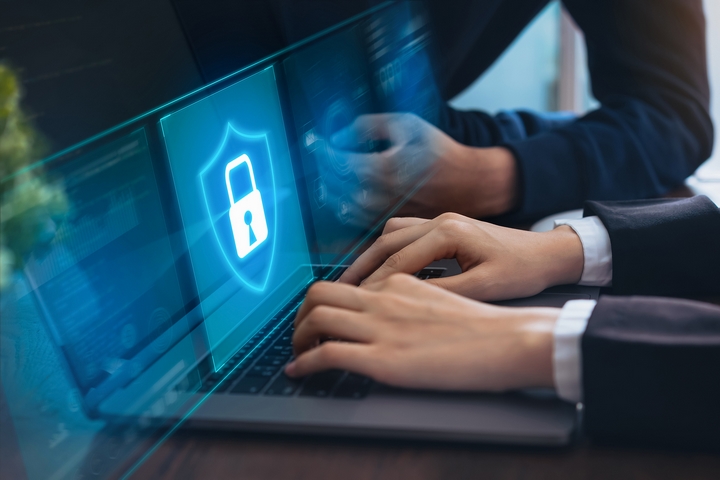
Malware software is continuously being updated, so it’s important to click the update notification when it pops-up on your computer. These updates are usually to fix bugs or security holes that could potentially be exploited by hackers.
You should also continuously update your other programs like your operating system, web browsers, security programs, and plug-ins.
2. Download Sparingly
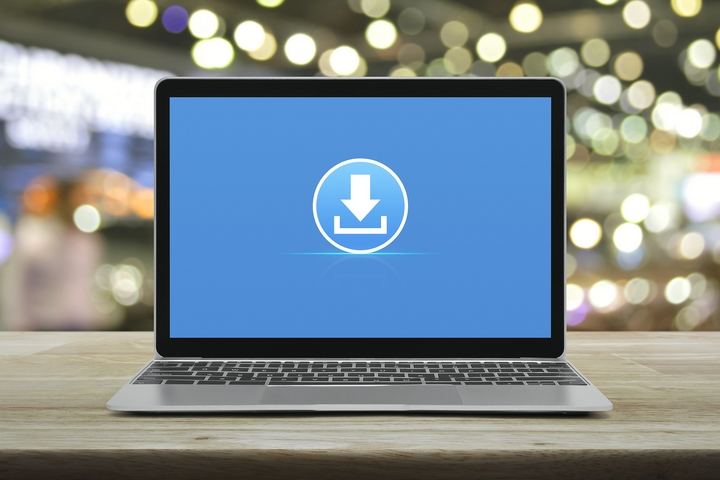
The more things you download onto your computer, the higher the chance that you will come into contact with something malicious, like malware. To help combat this problem, it’s essential to ensure your Web browser’s security settings are high enough to know when you’ve downloaded something unauthorized. Then you’ll be notified before things get any worse.
3. Use Antivirus Software
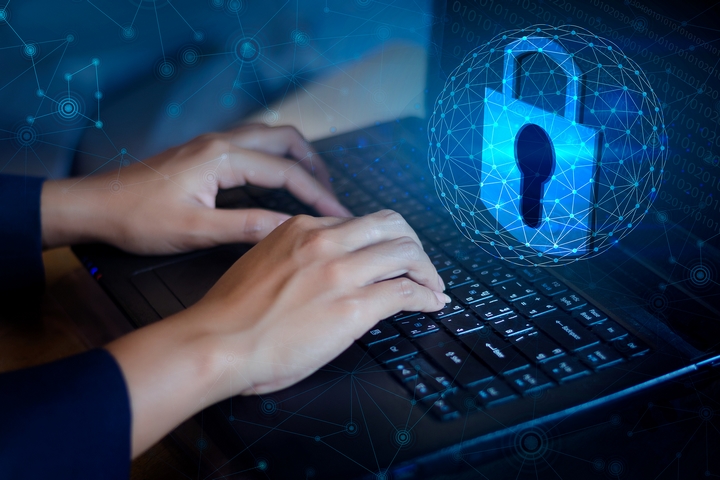
Antivirus software is “a class of program designed to prevent, detect and remove malware infections on individual computing devices, networks and IT systems.” That’s why having one in place on your computer is so important. Some antivirus software companies offer their products at no charge. These free versions offer basic antivirus and spyware protection.
If you would like something more advanced, you’ll have to purchase it. This might be more expensive, but it’s one of the best ways to protect your computer from malware.
4. Don’t Click on Suspicious Links Within Emails
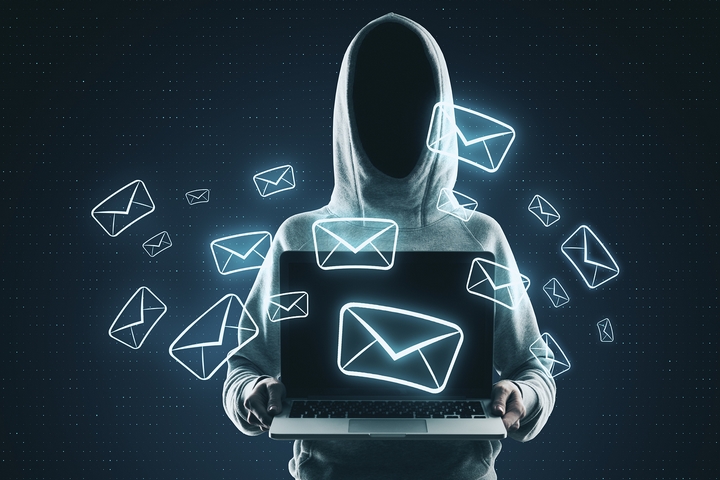
There are so many suspicious emails being sent to users thousands of times per day. If you get an email and you don’t recognize the sender, or the email just looks suspicious, it’s best not to click any of the links within in. According to Microsoft, 44.8 % of Windows virus infections happen because the user clicked on a link.
5. Use Strong Passwords
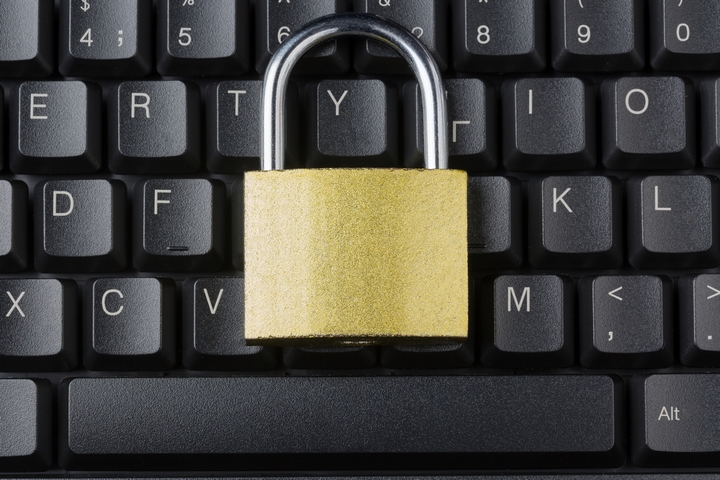
This is perhaps one of the most important ways to protect your computer from malware. A strong password is made up of a complex mix of letters (both upper and lower case), numbers, and symbols. A strong password is a complex one, with a mix of letters, numbers, and symbols. While some people use the same password for everything, try to avoid that practice.
It’s also recommended to use eight characters or more. Don’t use typical words like password and letter combinations like “abcdefgh” or “12345678”. Always stay away from using your birthday, your spouse’s birthday, or your children’s birthdays. Using these tips will help you create a secure password that will help prevent malware attacks.
6. Use a Firewall
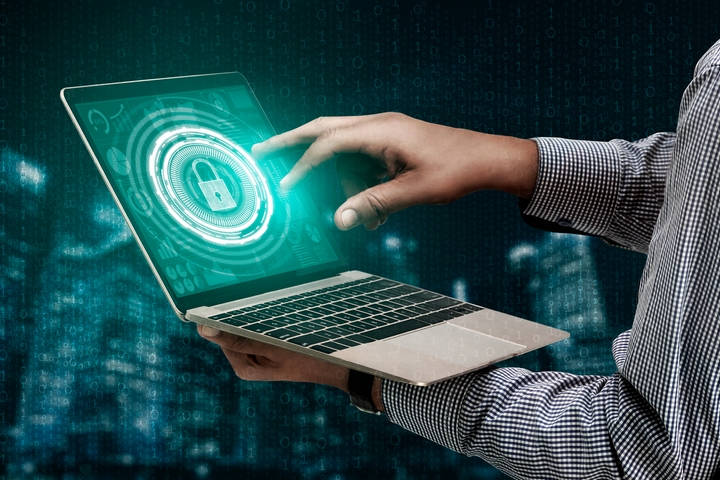
Our next tip is to use a firewall. People often believe that they only need antivirus software to protect them from viruses and malware, but the truth is, you also need a firewall. Your computer should come with a built-in firewall. It’s best practice to make sure this feature is enabled on your computer or laptop and take full advantage of it.
7. Use a Pop-up Blocker
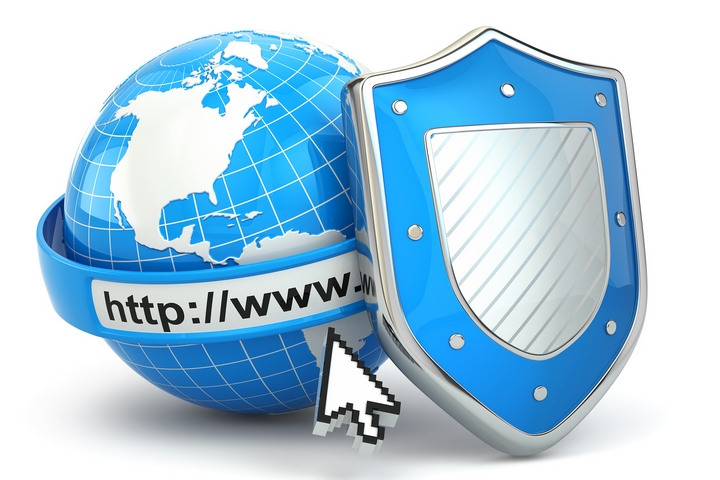
Do you ever get those pesky pop-ups while you’re browsing on the internet? Besides being extremely annoying, they also pose a threat to your laptop or computer. It is recommended to never click on any links that come up in a pop-up window. Be sure to check your Web browser settings and disable pop-ups so they don’t even pop-up in the first place.
8. Always Back-up Your Computer
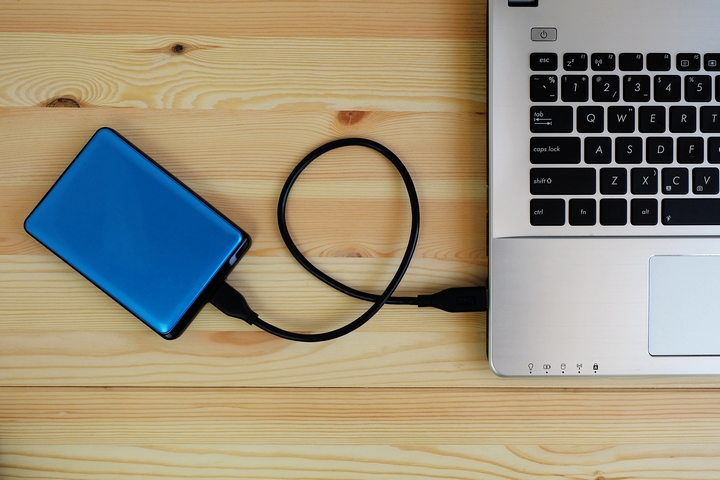
We’re probably all guilty of not backing up our computers. Then one day they crash, and we kick ourselves for being so negligent. Get into the habit of backing up your personal and work computers before you shut it down each day. If that is too much, at least try to do it once or twice a week – you won’t regret it. That way if your computer gets infected with a virus or malicious malware, at least you have all of your valuable documents, pictures, and files backed up.
By implementing these eight tips to protect your computer from malware, you’re already well on your way to reducing the amount of malicious malware that gets through to your computer.







